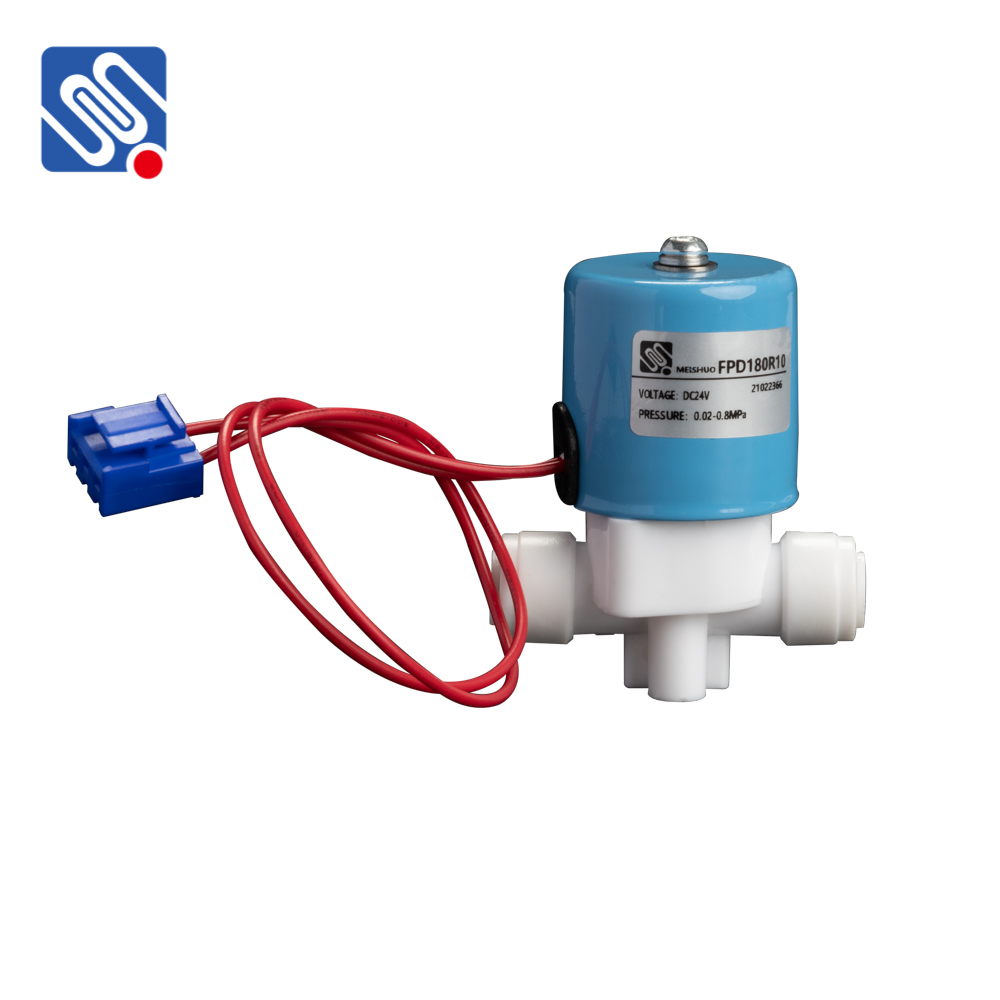food grade solenoid valve: ensuring safety and hygiene in food processing
Release time:2025-08-21 04:14:23
Food safety and hygiene are paramount in the food and beverage industry. As production processes become increasingly automated, maintaining strict standards for cleanliness and safety is crucial. One of the vital components that play a significant role in this regard is the Food Grade Solenoid Valve. These valves are essential for controlling the flow of liquids and gases in systems that process, package, and transport food products. In this article, we will explore the significance of Food Grade Solenoid Valves, their features, applications, and why they are indispensable in modern food processing.

What is a Food Grade Solenoid Valve?
A Food Grade Solenoid Valve is a type of valve designed to regulate the flow of liquids or gases in a food processing system. The term "food grade" refers to the materials used in manufacturing the valve, which must meet strict standards to ensure they are safe for food contact. These valves are usually made from stainless steel, such as 304 or 316 grade, which are resistant to corrosion, easy to clean, and do not react with food products.
The primary function of a solenoid valve is to control the opening and closing of the valve using an electromagnetic coil. When the coil is energized, it creates a magnetic field that moves a plunger to open or close the valve. This allows for precise control over the flow of fluids, ensuring that food products are transported or processed without contamination.

